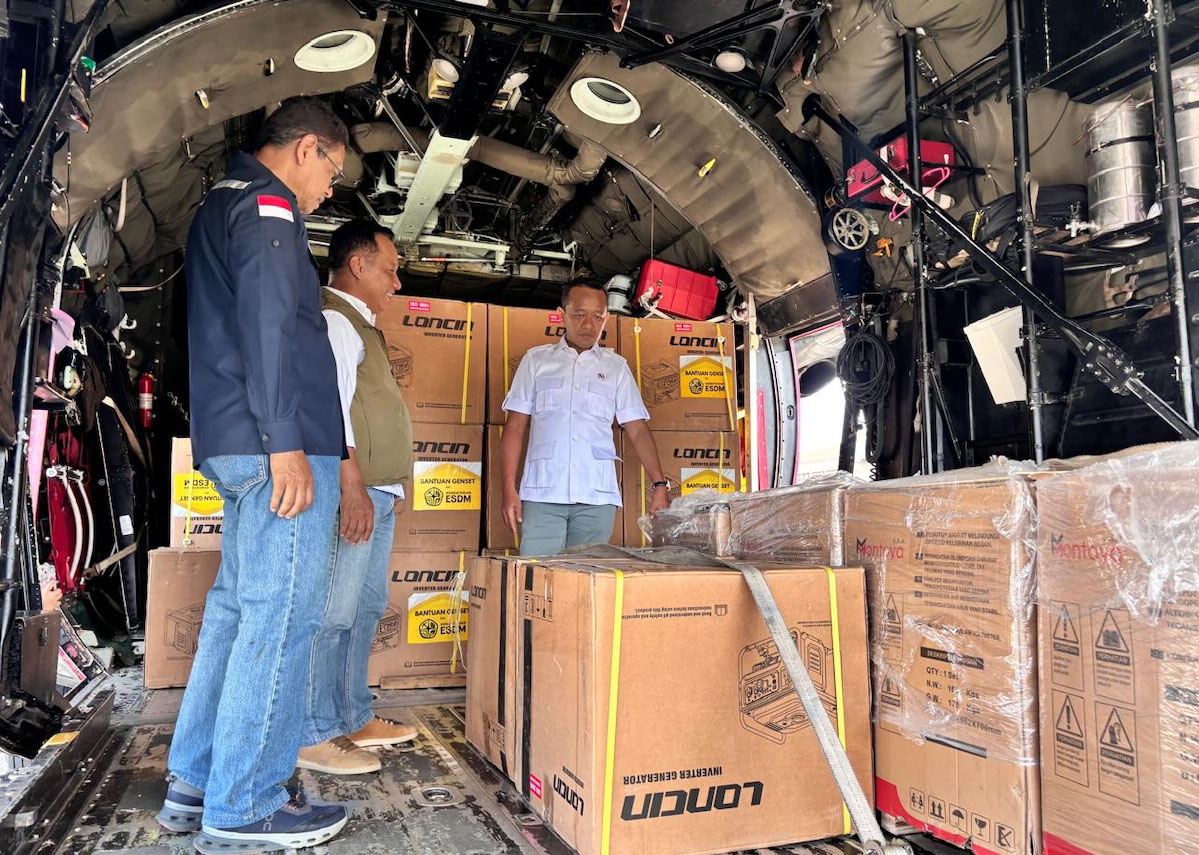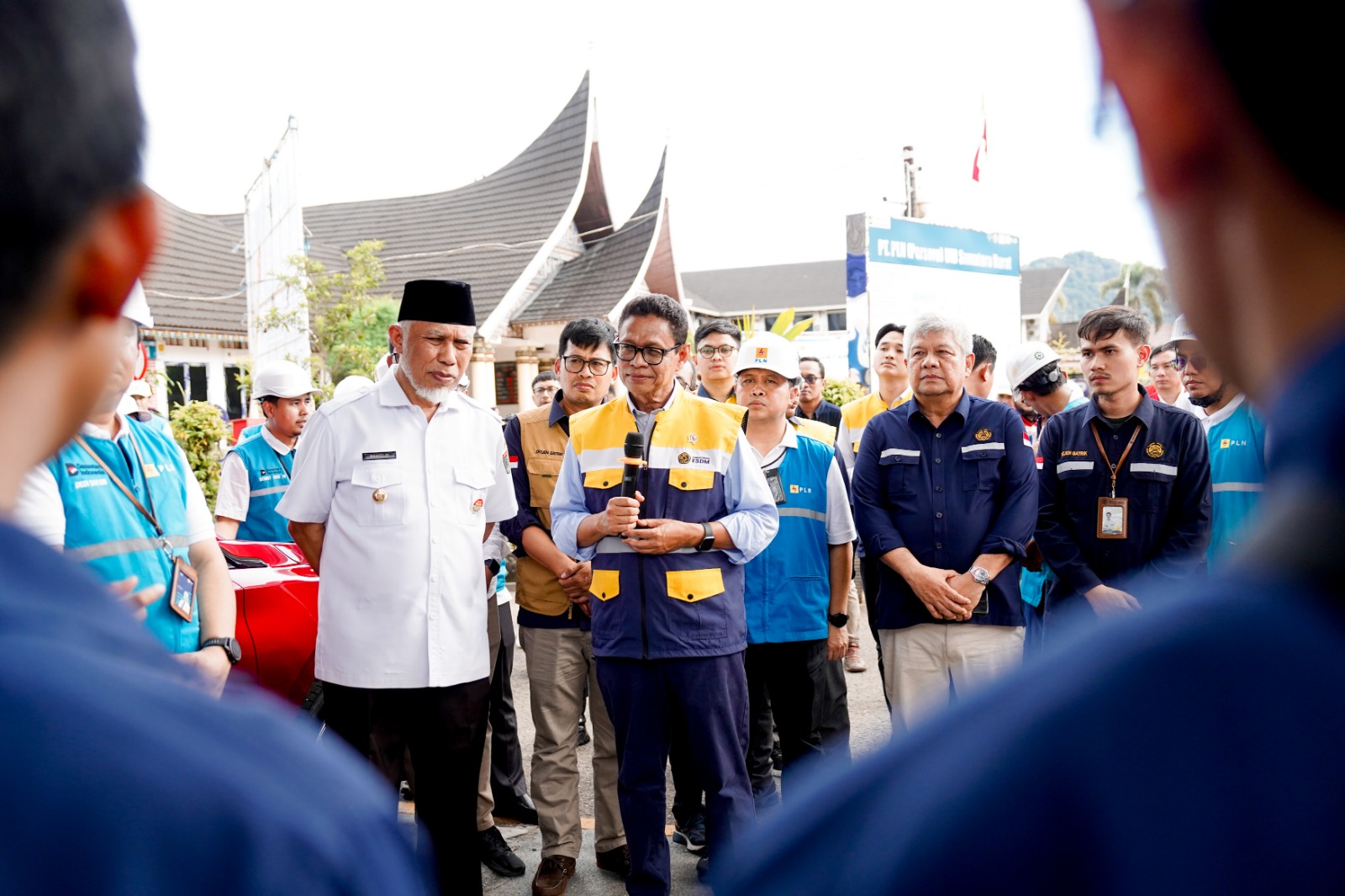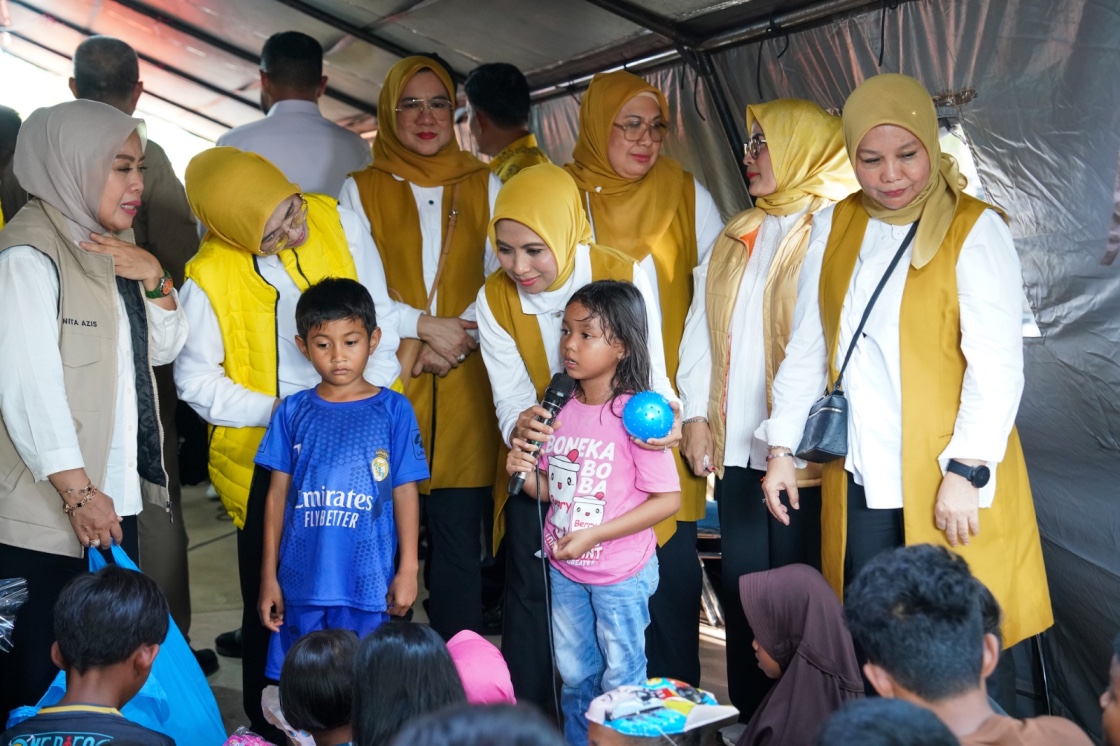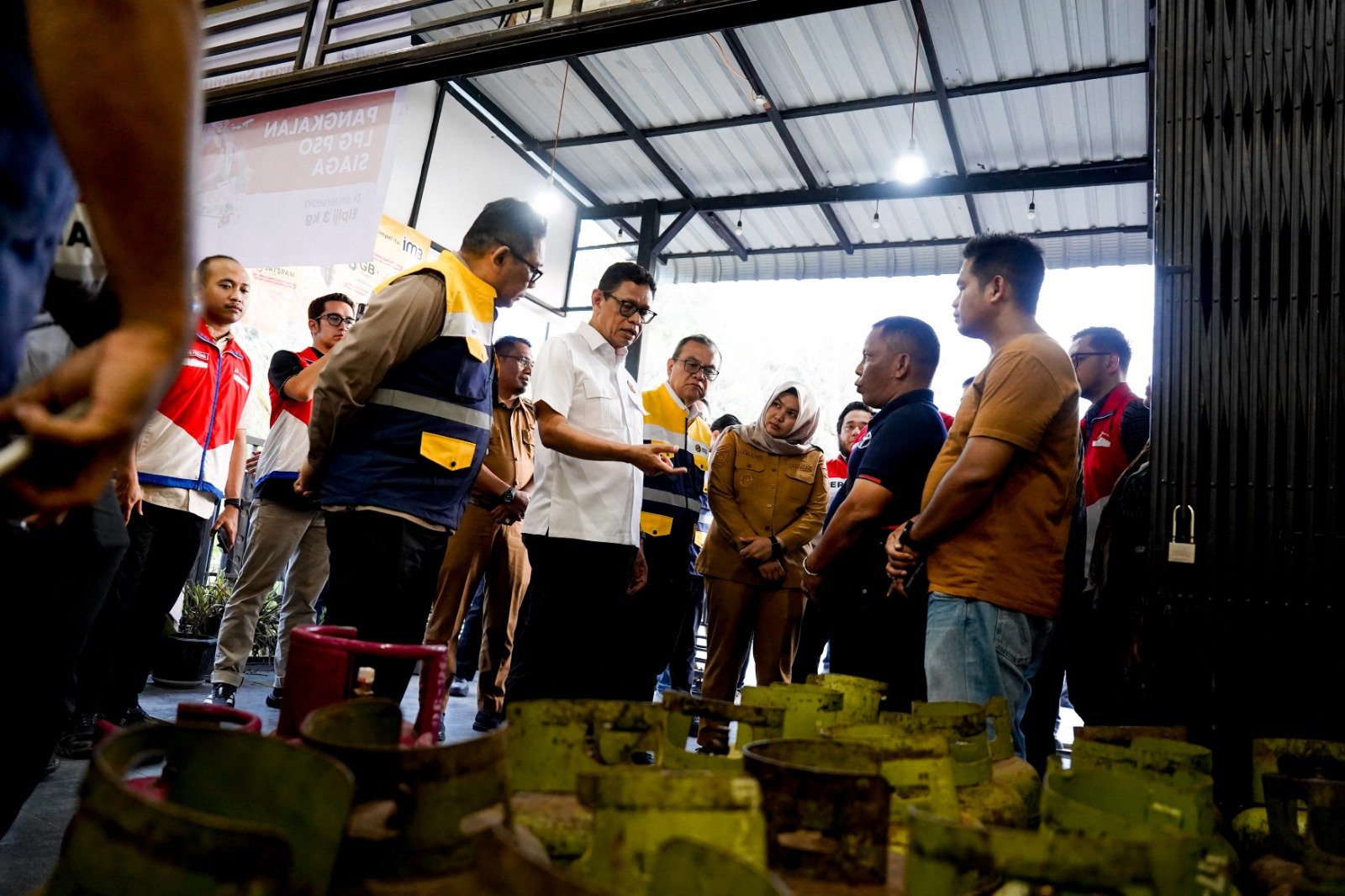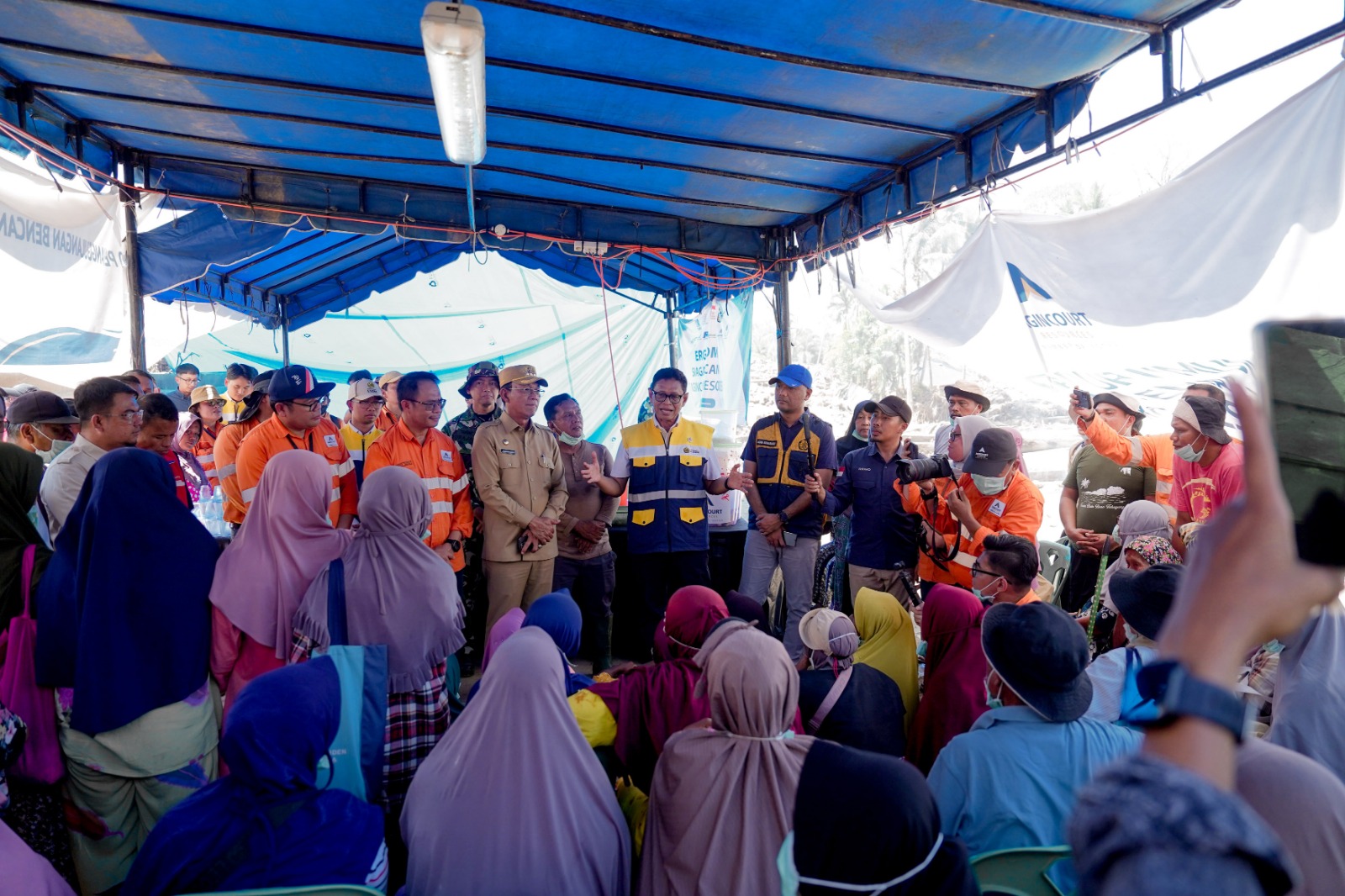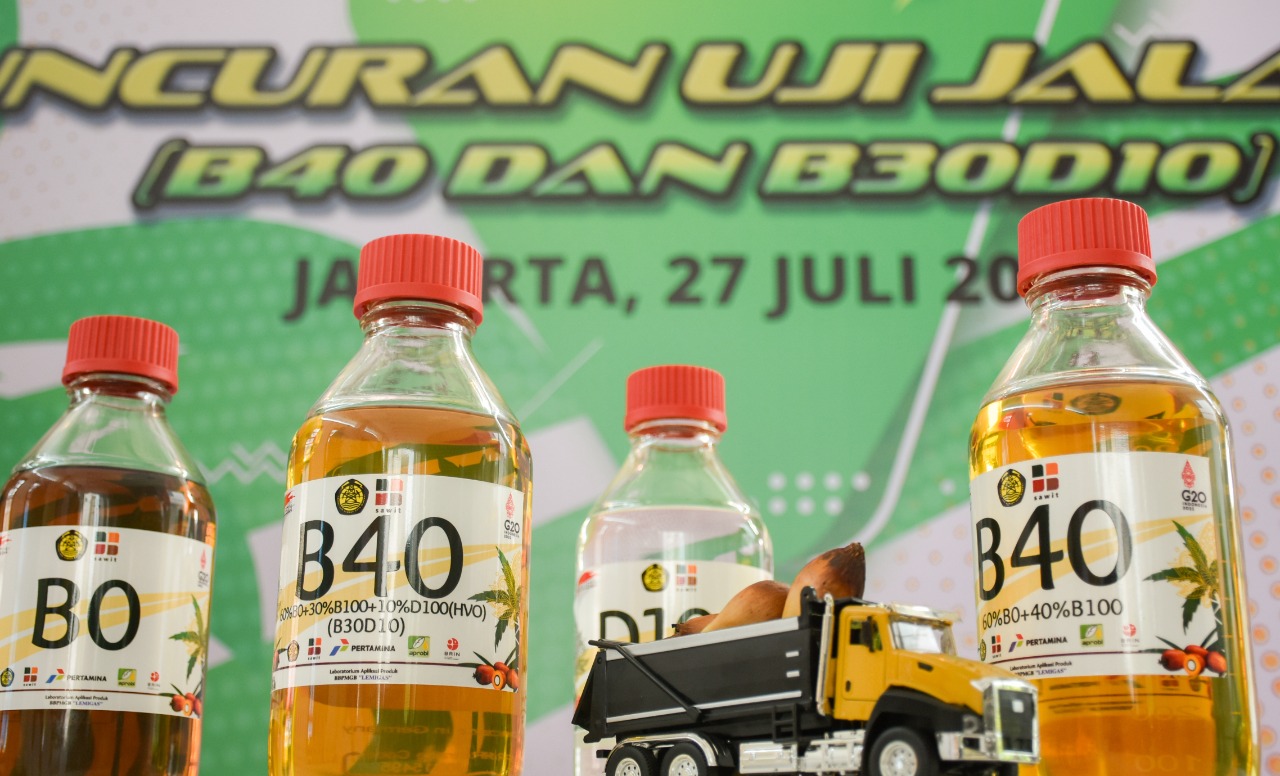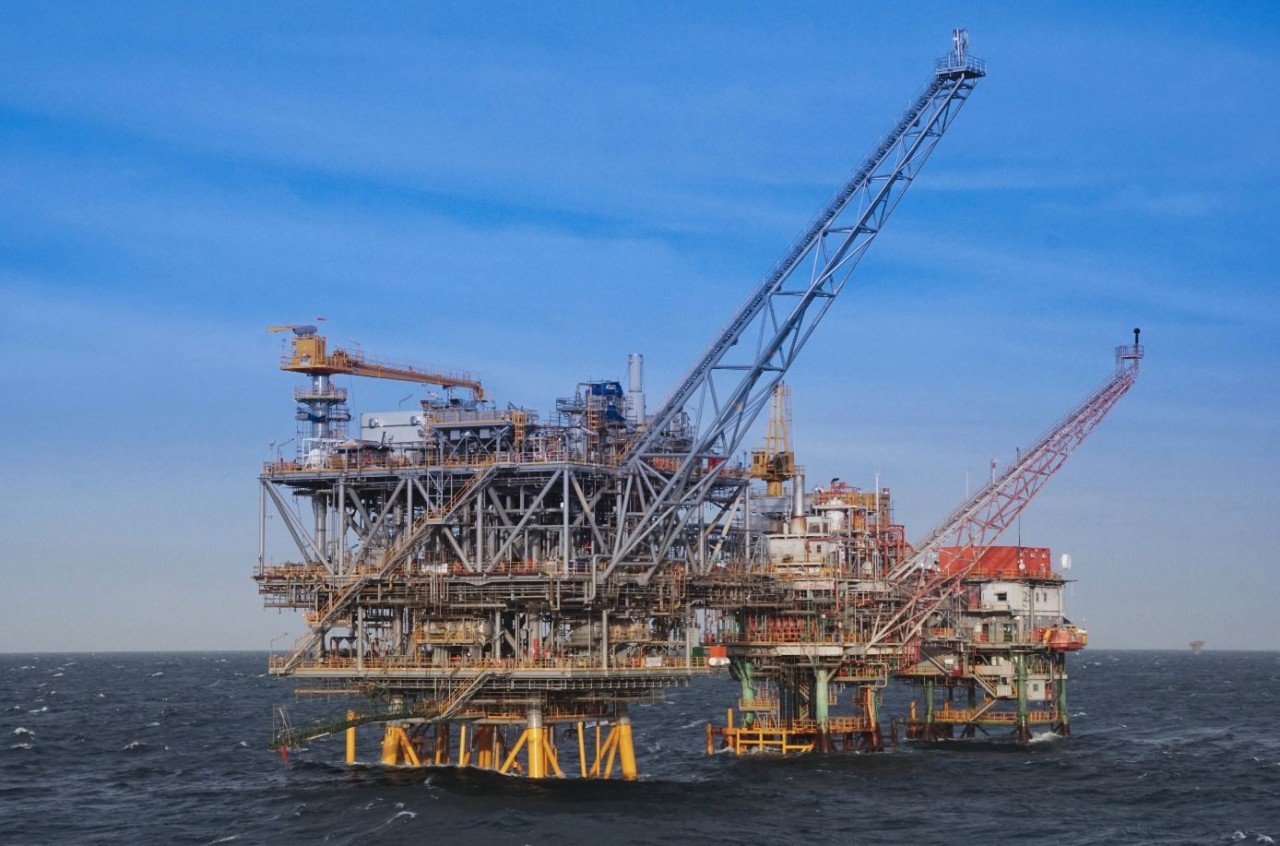
Indonesia Prepares Nine Stimulus Packages for IDD
MINISTRY OF ENERGY AND MINERAL RESOURCES
REPUBLIC OF INDONESIA
PRESS RELEASE
NUMBER: 198.Pers/04/SJI/2021
Date: 9 June 2021
Indonesia Prepares Nine Stimulus Packages for IDD
The Indonesian government has prepared nine stimulus packages to accelerate the completion of deep-sea oil and gas development project or the Indonesia Deepwater Development (IDD).
"The government supports the development of new (deep-sea oil and gas) fields to exploit existing gas sources. We are conducting centralized evaluation to provide support for the necessary incentives. This process is still being carried out together with SKK Migas," Minister of Energy and Mineral Resources (EMR) Arifin Tasrif said during the inauguration of the Merakes development project at the Jangkrik Floating Processing Unit (FPU) in East Kalimantan on Tuesday (8/6).
Previously, SKK Migas had proposed nine stimulus packages to the government to improve the investment climate of the upstream oil and gas business. The proposed stimulus packages include postponement of post-operation cost reserves, tax holiday for income tax, removal of cost to utilize the Badak liquefied natural gas (LNG) refinery, postponement or removal of LNG VAT, removal of rental fees for state-owned upstream oil and gas property.
Additionally, the proposed stimulus contains delay or reduction of up to 100% of indirect taxes, gas can be sold at discounted prices for all schemes above the Take-or-Pay and Daily Contract Quantity, flexibility of fiscal terms, as well as tax considerations for upstream oil and gas supporting businesses.
According to Head of Indonesia's Upstream Oil and Gas Regulatory Task Force (SKK Migas), Dwi Soetjipto, six out of the nine proposed stimulus packages have been approved.
One of the relaxations in the upstream oil and gas investment, continued Dwi, is that several Production Sharing Contract (PSC) companies can monetize the oil and gas potential they manage.
"There is currently a one-door service policy. So, we've made numerous efforts to attract investment," Dwi said.
According to Government Regulation Number 79 of 2014 on National Energy Policy, natural gas is targeted to contribute 22% to the national energy mix in 2025. In 2020, gas contributed 19.36%.
"The government has continued to campaign for efforts to increase the oil and gas reserves and production, and to optimize the use of natural gas for domestic needs, which currently stands at 63.9 percent," said Arifin.
Aligning Energy Needs
The Ministry of EMR will continue to maintain a balance of fossil energy needs amid the climate change challenges. The target for oil and gas production has been set at 1 million barrels per day (bopd) in 2030 while continuing to increase the use of new and renewable energy.
Arifin thinks that the domestic demand for fossil energy is still relatively high--above one million bopd--and it is projected to continue increasing in the next few years. "Our oil production is around 700 bopd; if we don't do anything, production will continue to decline and this will result in (oil and gas) imports," he added.
For this reason, continued Arifin, the government is making various efforts to curb oil and gas imports, such as exploring and optimizing new, renewable energy. "Besides minimizing oil imports, we will also incorporate clean, renewable energy into the national energy mix," Arifin concluded.
Meanwhile, Dwi said that the current demand for domestic fuels is around 1.4 million bopd while refinery capacity is around 800,000 bopd. He has also projected that domestic demand for fuels will be more than 1.8 million bopd in 2030. "When the Balikpapan refinery is complete, refinery capacity will increase to 1--1.2 million bopd. So, our country does need this 1 million bopd production target", said Dwi. (IY)
Head of Bureau of Communication, Public Information Services, and Cooperation
Agung Pribadi (08112213555)
Share This!

